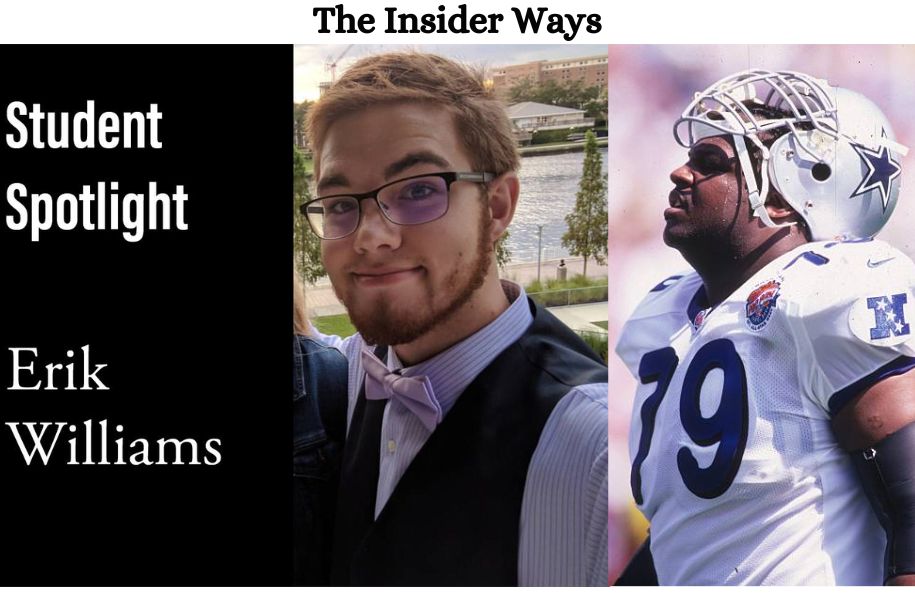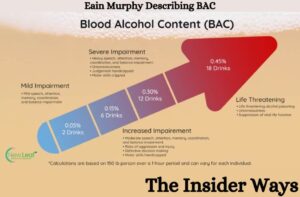At The Insider Ways, we are committed to highlighting individuals making significant strides in their respective fields. One such individual is Erik Williams Upenn, a Ph.D. student at the University of Pennsylvania’s Perelman School of Medicine. His groundbreaking research in cancer immunotherapy, particularly in Chimeric Antigen Receptor (CAR) T cell therapy, is setting new benchmarks in medical science.
Early Academic Journey and Motivation
Erik Williams Upenn embarked on his academic journey with a profound interest in the life sciences. His dedication to understanding complex biological systems led him to pursue advanced studies at the University of Pennsylvania. Motivated by a desire to contribute tangible solutions in the fight against cancer, Williams chose to focus on CAR T cell therapy, a revolutionary approach in cancer treatment.
Affiliation with the Fraietta Laboratory
At UPenn, Williams is an integral member of Dr. Joseph A. Fraietta’s laboratory. The Fraietta Lab specializes in developing advanced immunotherapy strategies to enhance T cell functionality against tumors. Under Dr. Fraietta’s mentorship, Williams has been able to delve deep into the intricacies of immune response and cellular engineering, fostering an environment ripe for innovation and collaboration.
Focus on CAR T Cell Therapy
CAR T cell therapy involves modifying a patient’s T cells to better recognize and combat cancer cells. This therapy has shown exceptional promise in treating certain types of leukemia and lymphoma, marking a significant departure from traditional cancer treatments like chemotherapy and radiation. Williams’ role in this domain involves refining the therapy to address its current limitations, such as the potential for severe side effects and the complexity of manufacturing.
Application of Synthetic Biology and Genetic Engineering
A key aspect of Williams’ research is the application of synthetic biology to create CAR T cells that are not only more potent but also more controllable. By engineering synthetic receptors that can be fine-tuned according to therapeutic needs, he is helping to pioneer developments that could lead to safer, more effective treatments. This aspect of his research signifies a major step forward in making CAR T cell therapy a viable option for a broader range of cancers.
Integration of CRISPR/Cas9 Technology
The integration of CRISPR/Cas9 technology into Williams’ research has been transformative. By allowing for precise, targeted edits to the genetic material of T cells, he is able to enhance their cancer-fighting capabilities without compromising their normal functions. This precise gene editing is crucial for minimizing the risks of therapy-related side effects, making the treatment safer for patients.
Addressing Cancer Resistance through Epigenetic Modulation
A significant portion of Williams’ research also focuses on the epigenetic modulation of T cells. Understanding and manipulating the epigenetic landscape of these cells is key to overcoming one of the major hurdles in CAR T cell therapy: cancer resistance. By identifying specific genes that can be modulated to prevent or overcome resistance, his work is paving the way for more robust and durable cancer therapies.
Exploration of Biomarkers for Personalized Treatment
In his pursuit of personalized medicine, Williams is investigating biomarkers that could predict how well a patient might respond to CAR T cell therapy. This research is crucial for the development of tailored treatment plans that maximize efficacy while minimizing unnecessary exposure to potentially harmful therapies.
Expanding CAR T Cell Therapy to Solid Tumors
While CAR T cell therapy has provided remarkable results in the treatment of hematologic cancers, its application in solid tumors presents additional challenges, such as the tumor microenvironment’s complexity. Williams’ ongoing research aims to adapt CAR T cell strategies to overcome these barriers, extending the benefits of this promising therapy to more cancer patients.
Collaborative Research and Clinical Trials
Collaboration is a cornerstone of Williams’ approach. By working alongside other researchers and participating in clinical trials, he is able to translate his laboratory findings into clinical applications that could one day lead to new standards in cancer treatment. These trials are critical for evaluating the safety and effectiveness of new therapies, helping to ensure that they provide real benefits to patients.
Impact on the Future of Cancer Treatment
Erik Williams Upenn’ contributions to the field of CAR T cell therapy at the University of Pennsylvania are setting new benchmarks in cancer research. His innovative work in synthetic biology, genetic engineering, and epigenetic modulation is not just advancing our understanding of how to fight cancer but also providing hope for more effective and personalized treatments in the future. As he continues to push the boundaries of medical science, his research holds the potential to significantly improve the lives of cancer patients worldwide, heralding a new era of treatment that is both more effective and less invasive.
Who is Erik Williams at the University of Pennsylvania (UPenn)?
Erik Williams is a Ph.D. student at the University of Pennsylvania’s Perelman School of Medicine, recognized for his pioneering research in cancer immunotherapy. His work is primarily focused on improving Chimeric Antigen Receptor (CAR) T cell therapy, a promising approach in cancer treatment.
What research is Erik Williams conducting at UPenn?
Erik Williams is conducting research in CAR T cell therapy, which involves modifying a patient’s T cells to better recognize and destroy cancer cells. His work includes using synthetic biology, genetic engineering, and CRISPR/Cas9 technology to enhance the therapy’s effectiveness and safety.
How does Erik Williams’ research impact the future of cancer treatment?
Williams’ research aims to refine CAR T cell therapy by making it more potent, safe, and accessible. His innovations could pave the way for advanced personalized treatments, especially for cancers that are resistant to current therapies.
What role does Erik Williams play in the Fraietta Lab at UPenn?
Erik Williams is an active member of Dr. Joseph A. Fraietta’s laboratory at UPenn, where he collaborates on advanced immunotherapy research. His role includes developing strategies to enhance T cell functionality, which is critical for advancing CAR T cell therapies.
What challenges is Erik Williams addressing in CAR T cell therapy?
Williams is addressing several challenges in CAR T cell therapy, such as minimizing severe side effects, overcoming cancer resistance, and extending the therapy’s application to solid tumors. His research focuses on creating CAR T cells that are more controllable and personalized, with fewer risks for patients.
Conclusion: Erik Williams Upenn
At The Insider Ways, we are proud to highlight the remarkable work of individuals like “Erik Williams Upenn”. His dedication and innovative research at UPenn exemplify the potential of scientific inquiry to bring about transformative changes in medicine. As Williams continues his journey, we look forward to witnessing the positive impact his work will have on the future of cancer treatment.



